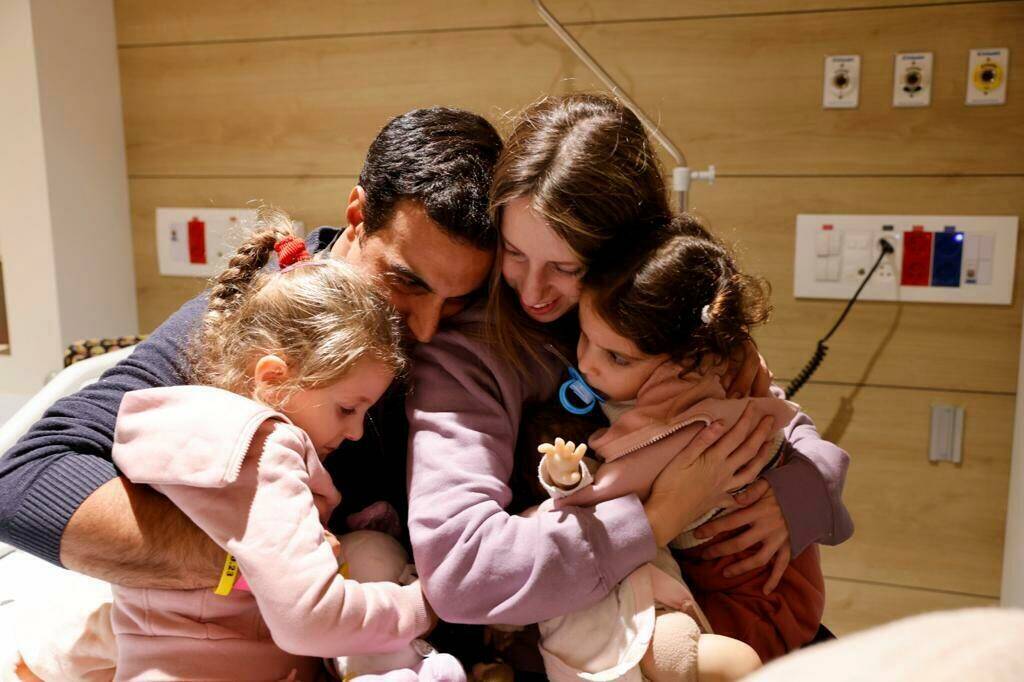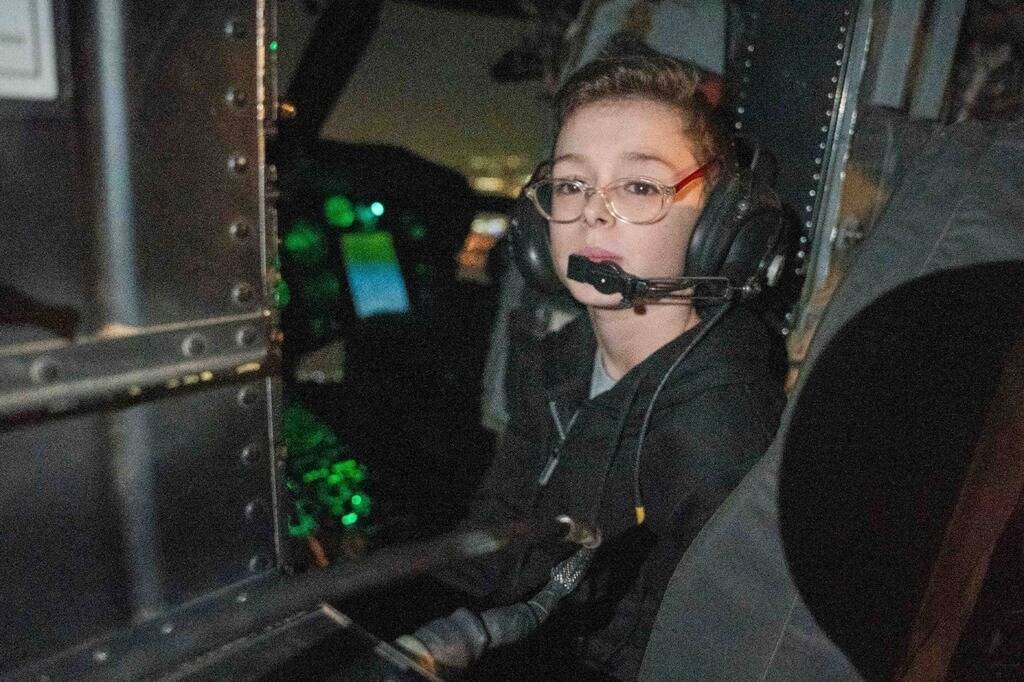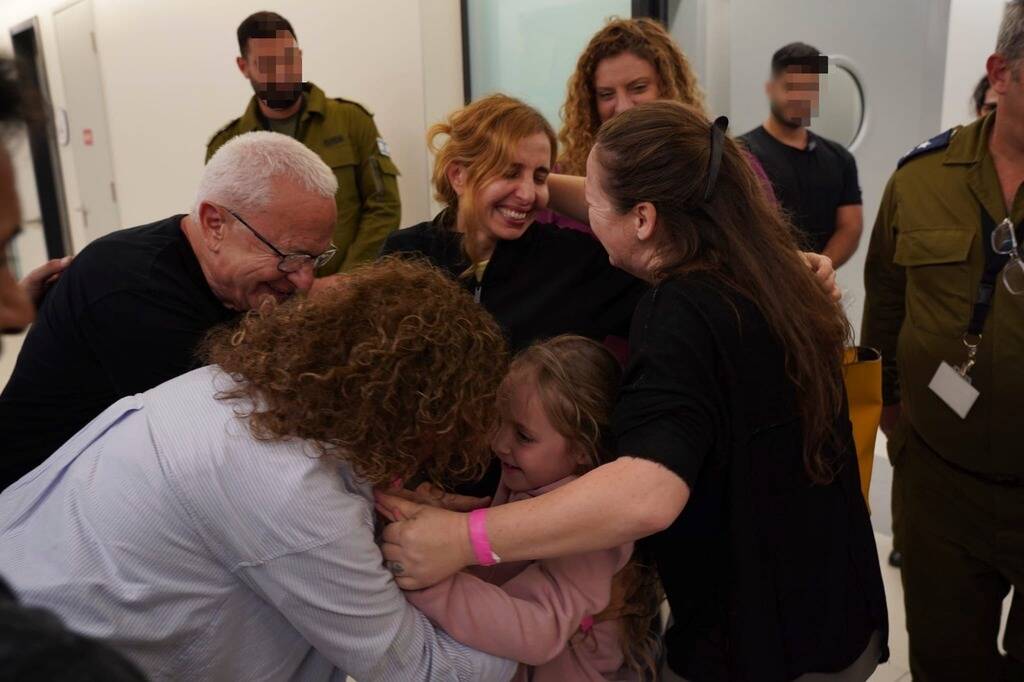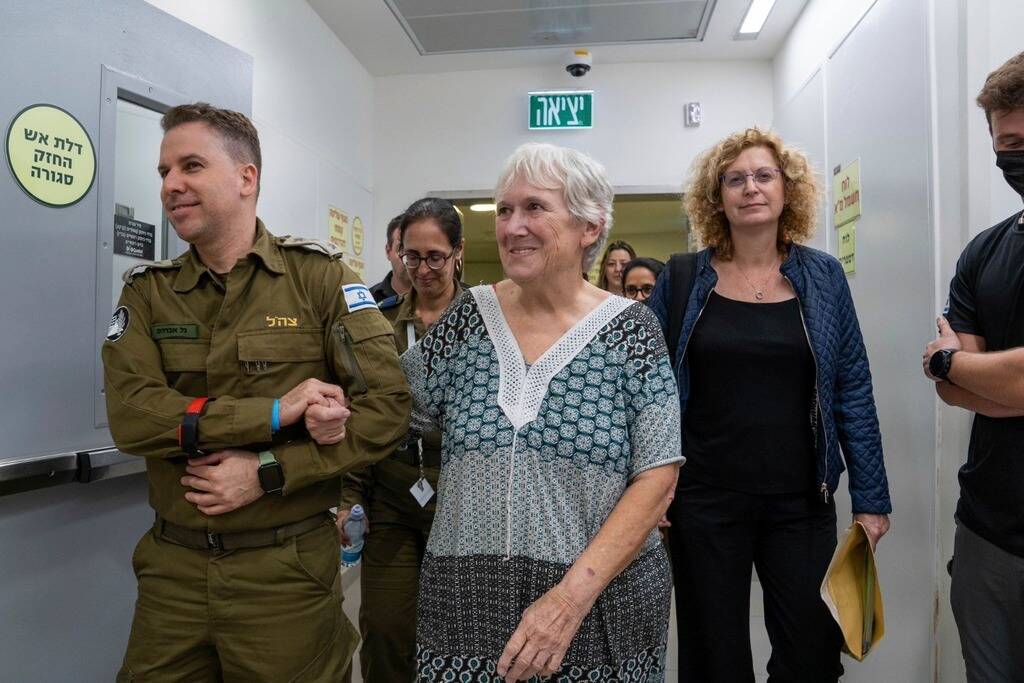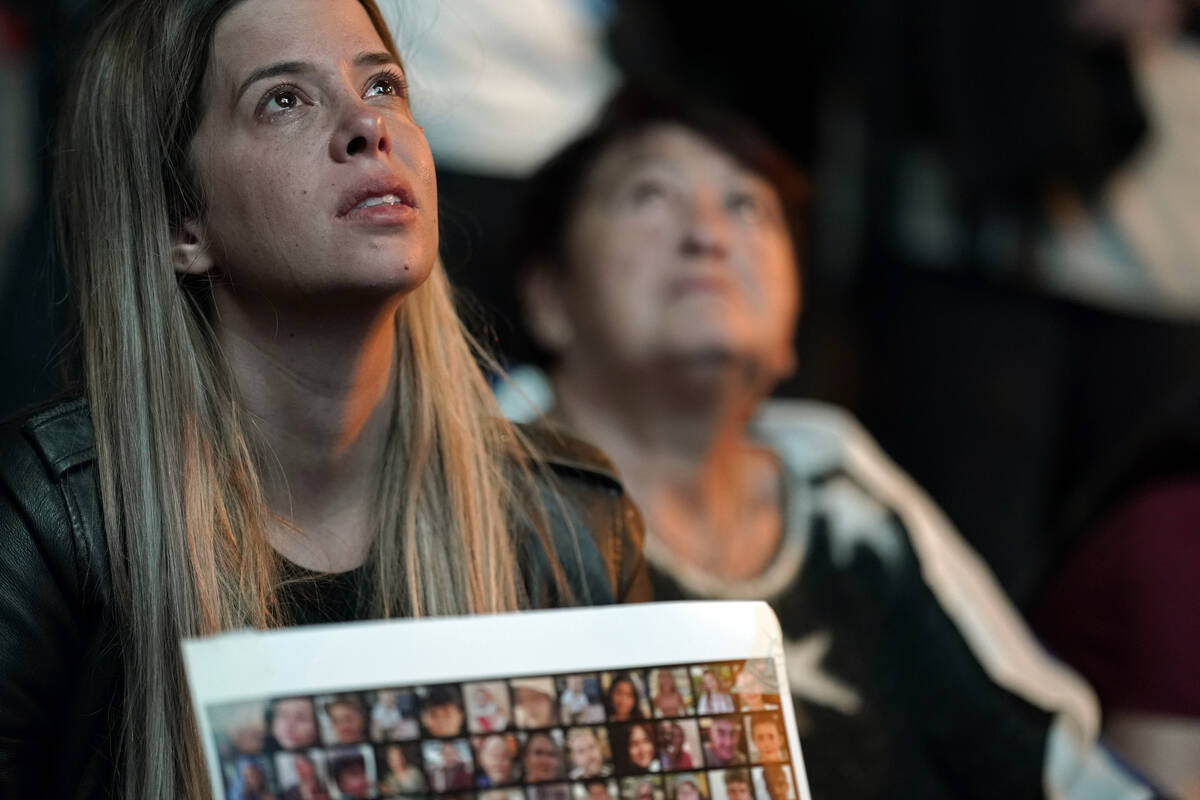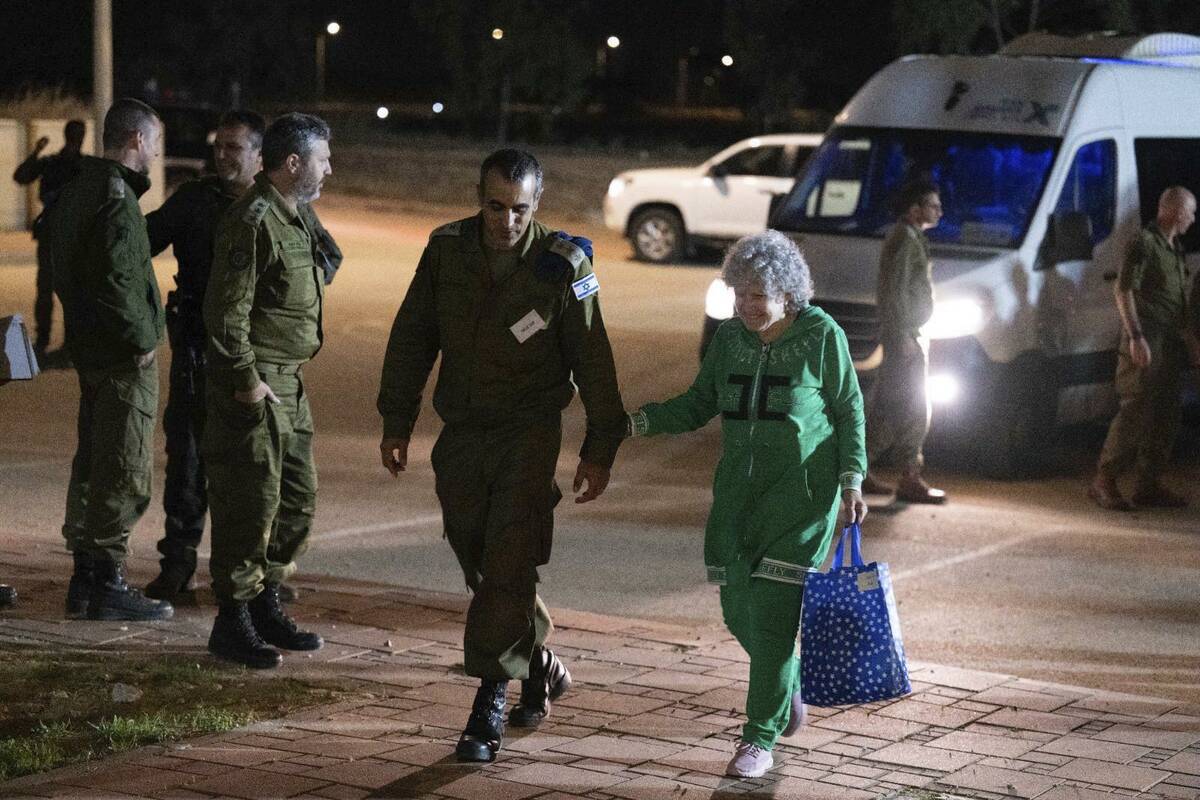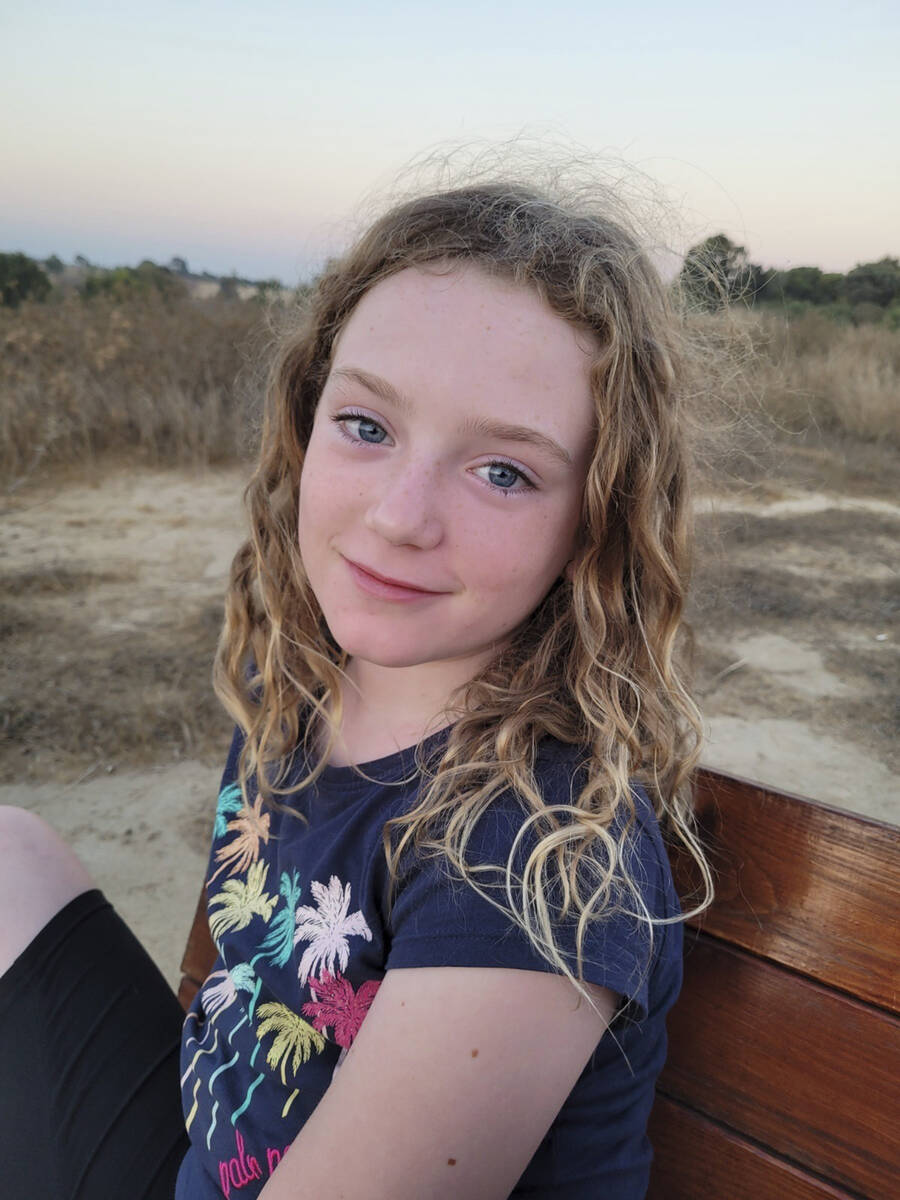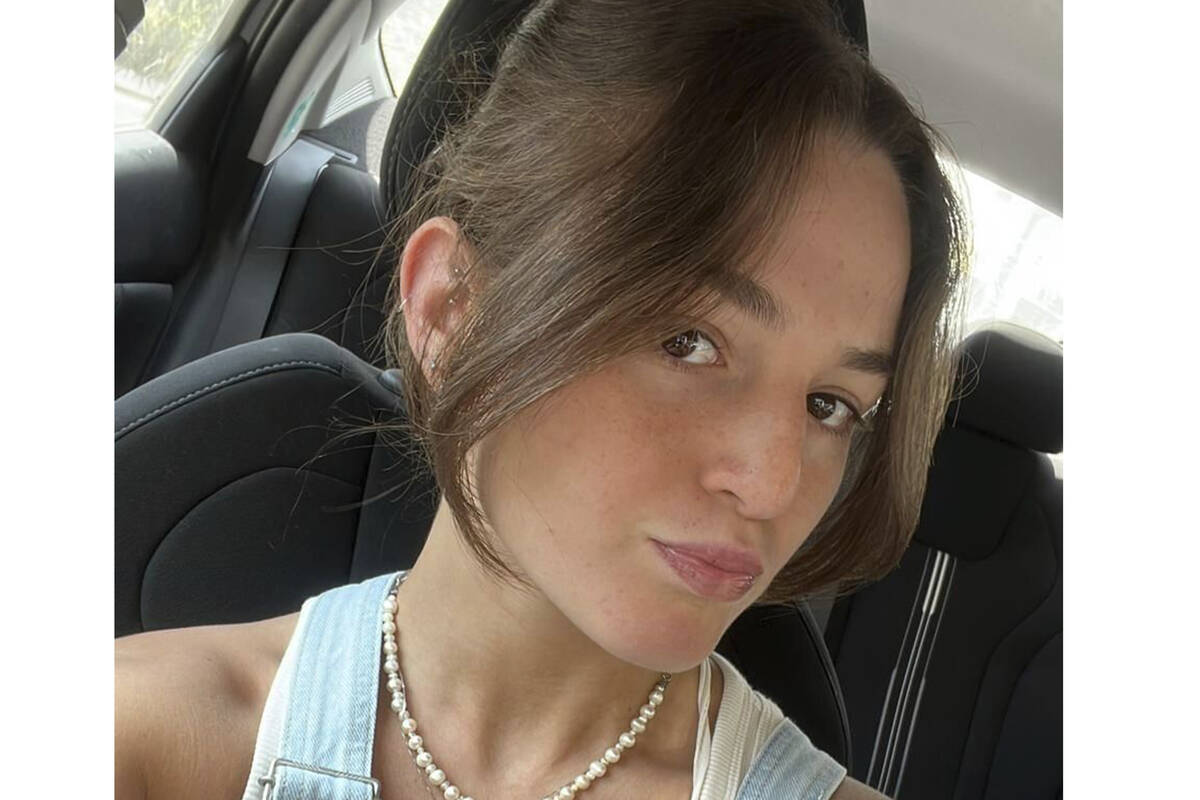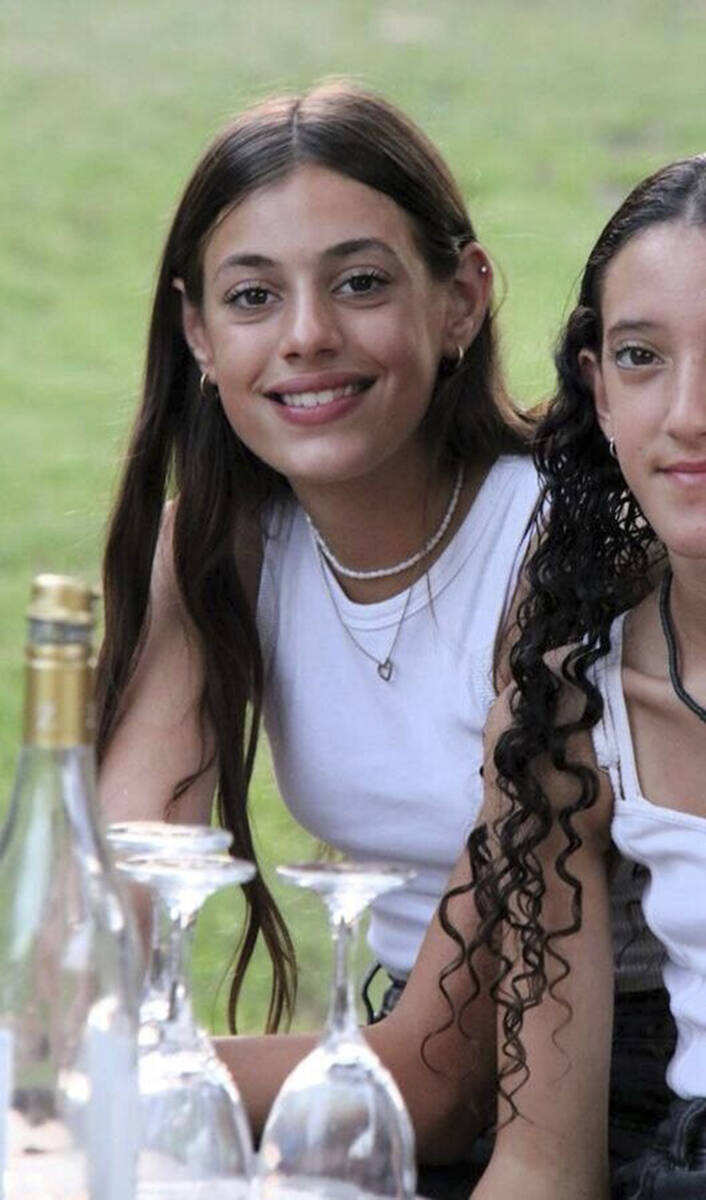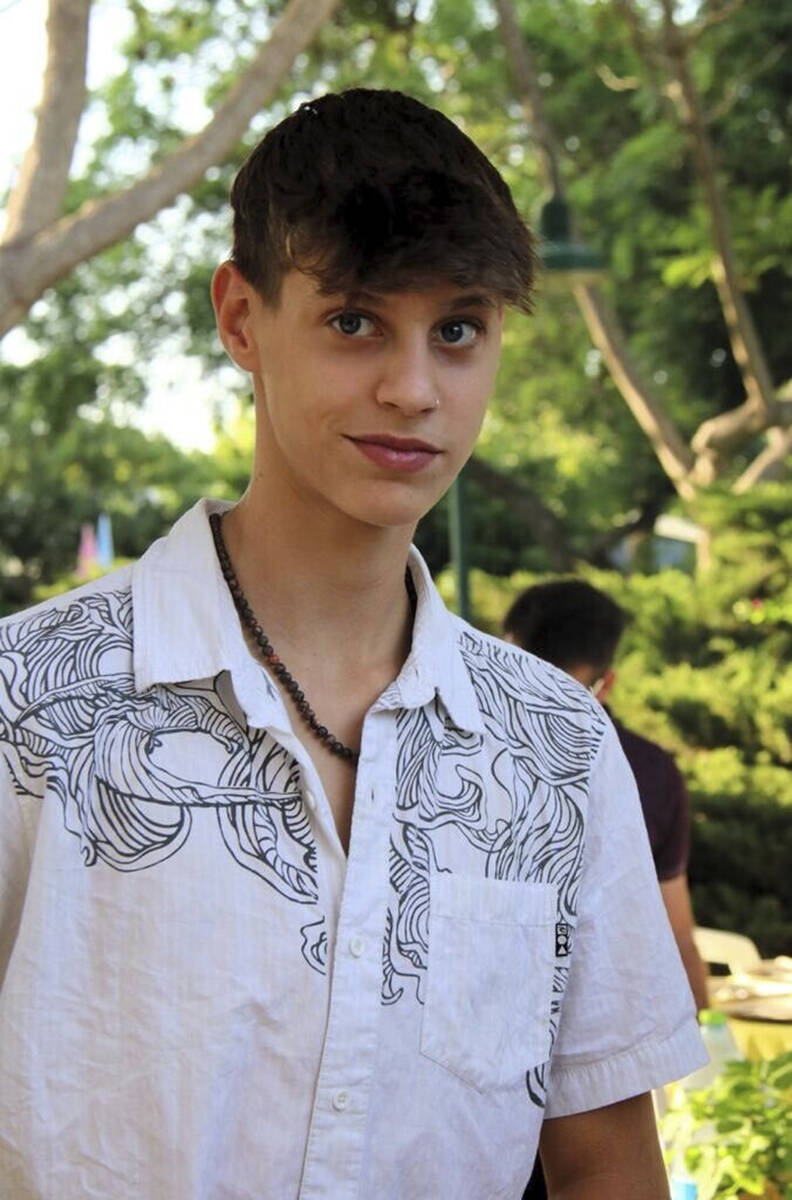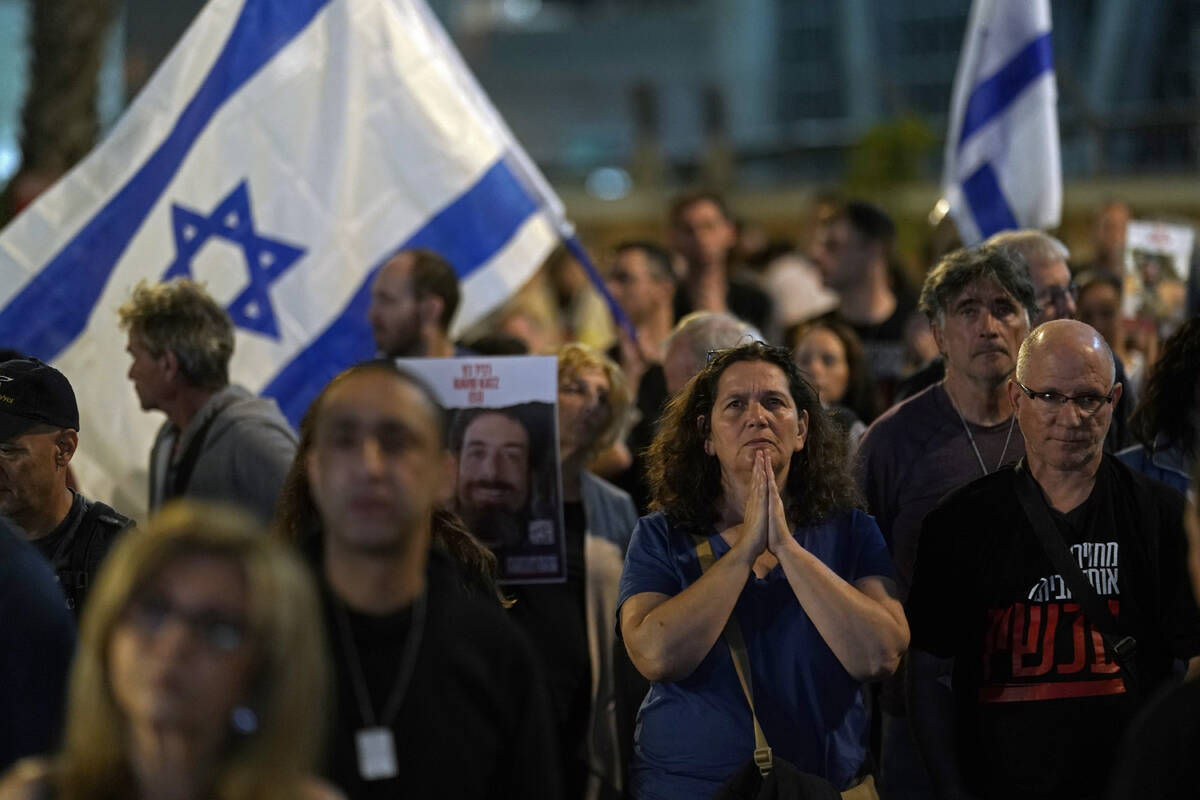Israeli military: Hamas releases 13 Israelis, four foreigners in second swap
KHAN YOUNIS, Gaza Strip — Hamas released 13 Israelis and four foreigners late Saturday in the second round of swaps under a cease-fire deal, the Israeli military said, after the terrorist group initially delayed the exchange for several hours and claimed that Israel had violated the terms of a truce deal.
Israel began releasing 39 Palestinian prisoners on Sunday.
The Israeli military said the released hostages, including four Thais, had been transferred to Israel. They were being taken to hospitals for observation and to be reunited with their families.
Hamas released a video showing the hostages appearing shaken but mostly in good physical condition as masked terrorists led them to Red Cross vehicles headed out of Gaza.
The Israeli hostages released Saturday by Hamas included seven children and six women, Prime Minister Benjamin Netanyahu’s office announced.
Most of the released hostages were from Kibbutz Be’eri, a community Hamas terrorists ravaged during their Oct. 7 cross-border attack, a spokesperson for the kibbutz said. The children ranged in age from 3 to 16, and the women ranged from 18 to 67.
It was a bittersweet moment for the residents of Be’eri. A kibbutz spokesperson said all of the released hostages either had a family member killed in the Oct. 7 rampage or had left a loved one in captivity in Gaza.
The mother of one of the released hostages, 12-year-old Hila Rotem, remained in captivity, the spokesperson said.
Another, Emily Hand, is a girl whose father believed her to be dead for weeks before finding out she was held as a hostage.
Residents of the kibbutz have been staying together at a Dead Sea hotel since the Oct. 7 attack. A large crowd gathered in a function room at the hotel late Saturday, cheering in excitement as they saw the first images of their loved ones being released.
One classmate of 18-year-old Noga Weiss said there was great excitement about her release.
“I was very nervous when I heard about the delay. I thought something would happen,” the classmate, identified as Zohar, told Channel 13 TV. “It was a great relief when I saw her.”
SWAP DELAY SOLVED
The last-minute delay had created a tense standoff on the second day of what is meant to be a four-day cease-fire.
By nightfall, as the hostages should have emerged from Gaza, Hamas alleged that the aid deliveries permitted by Israel fell short of what was promised and that not enough of it was reaching northern Gaza. Hamas also said not enough veteran prisoners were freed in the first swap on Friday.
“This is putting the deal in danger,” Osama Hamdan, a senior Hamas official, said in Beirut. But Egypt, Qatar and Hamas itself later said obstacles had been overcome, and Hamas listed six women and 33 teenage boys it said were expected to be released by the Israelis.
While uncertainty around some details of the exchange remained, there was some optimism, too, amid earlier scenes of joyous families reuniting on both sides.
On the first day of the cease-fire, Hamas released 24 of the roughly 240 hostages taken during its Oct. 7 attack on Israel that triggered the war, and Israel freed 39 Palestinians from prison. Those freed in Gaza were 13 Israelis, 10 Thais and a Filipino.
Overall, Hamas is to release at least 50 Israeli hostages, and Israel 150 Palestinian prisoners, during the four-day truce — all women and minors.
Israel has said the truce can be extended an extra day for every additional 10 hostages freed — something President Joe Biden said he hoped would occur.
Biden spoke Saturday with Amir Sheikh Tamim Bin Hamad Al-Thani and Prime Minister Sheikh Mohammed bin Abdulrahman al Thani of Qatar, the White House said, to discuss “hurdles” to the release of the hostages.
The U.N. said the pause enabled it to scale up the delivery of food, water, and medicine to the largest volume since the resumption of aid convoys on Oct. 21. It was also able to deliver 34,078 gallons of fuel as well as cooking gas, a first since the war began.
For the first time in over a month, aid reached northern Gaza. The Palestinian Red Crescent said 61 trucks carrying food, water and medical supplies headed there on Saturday, the largest aid convoy to reach the area yet.
The U.N. said it and the Palestinian Red Crescent were also able to evacuate 40 patients and family members from a hospital in Gaza City to a hospital in Khan Younis.
‘SQUARE OF THE HOSTAGES’
In Tel Aviv, several thousand people packed a central square called “the square of the hostages,” awaiting news of the second release.
“Don’t forget the others because it’s getting harder, harder and harder. It’s heartbreaking,” said Neri Gershon, a Tel Aviv resident. Some families have accused Netanyahu’s government of not doing enough to bring hostages home.
The war erupted when several thousand Hamas terrorists stormed into southern Israel on Oct. 7, killing some 1,200 people, mostly civilians, and taking scores of hostages, including babies, women and older adults, as well as soldiers.
“We will return immediately at the end of the cease-fire to attacking in Gaza, operating in Gaza,” Herzi Halevi, Israeli chief of staff, told soldiers.
Israeli leaders have said they won’t stop until Hamas, which has controlled Gaza for the past 16 years, is crushed. Israeli officials have argued that only military pressure can bring the hostages home. But the government is under pressure from hostages’ families to prioritize the release of the remaining captives.
The Israeli offensive has killed more than 13,300 Palestinians, according to the Health Ministry in the Hamas-run Gaza government. The figure does not include updated numbers from hospitals in the north, where communications have broken down.



